
Age-based screening recommendations for chronic hepatitis C virus infection targeted to Americans born between 1945 and 1965 were announced by the CDC.


Age-based screening recommendations for chronic hepatitis C virus infection targeted to Americans born between 1945 and 1965 were announced by the CDC.
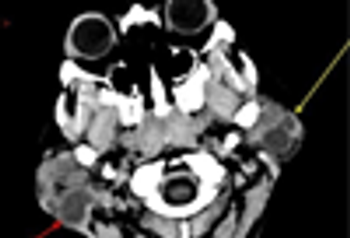
A large minority of persons with HIV infection have head and neck symptoms; parotid swellings have been noted in approximately 5% to 10% of patients with HIV-1 infection.

Disparate means of accessing marijuana complicates the evaluation of the quality, purity, and potency of cannabis.
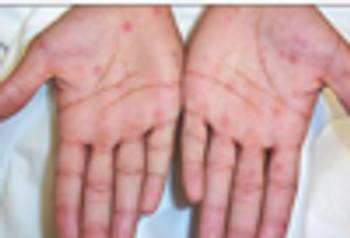
Syphilis is often called the "great imitator." The slides that follow show syphilis in various guises-and various disorders that can mimic the cutaneous manifestations of the sexually transmitted infection.
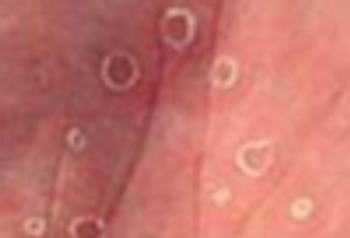
Erythema multiforme; Rocky Mountain Spotted Fever; syphilis; pityriasis rosea. . . which of these disorders is the most likely cause of these macular lesions?
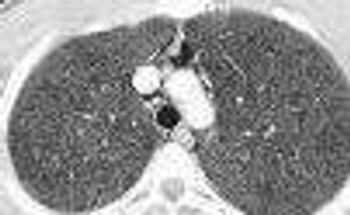
Spontaneous pneumomediastinum with subcutaneous emphysema is rare. Alveolar rupture allows air to enter the pulmonary interstitium and penetrate the mediastinum.

This type 2 diabetes office-visit checklist tracks A1c, lipid, and blood pressure goals, and lets you monitor regular labs, exams, and diabetes education.
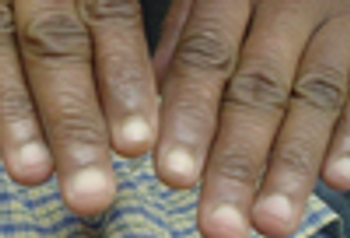
What is causing this clubbing of the fingernails, and what is it called?
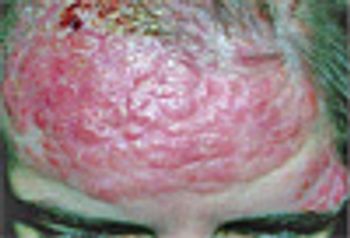
A 31-year-old woman presents for evaluation of an asymptomatic, firm plaque on the forehead. Lesions of similar size and consistency were present at the nape of the neck and on the chest.

No typical clinical signature; variable serology; 10% atypical lymphocytes. Here, read more about the essentials in detection and treatment of EBV infection.
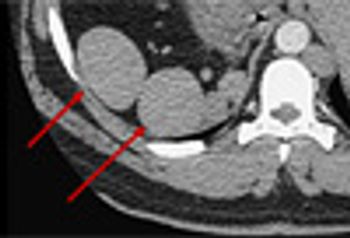

Clostridium difficile infection is a serious, life-threatening nosocomial infection that can follow on the heels of broad-spectrum antibiotic use. It affects over 500,000 Americans annually, with 15,000 deaths. Infection recurs in 15% to 25% of those initially treated successfully; infection subsequently redevelops in 40% to 50% of those an initial recurrence.

Like other chronic inflammatory conditions, inflammatory bowel disease (IBD) has been revolutionized by the advent of biologic agents that fundamentally alter the inappropriate inflammatory response. The most potent of these are the biologic agents, infliximab, adalimumab, certolizumab pegol, and natalizumab. They also have the most dangerous side-effect profile.
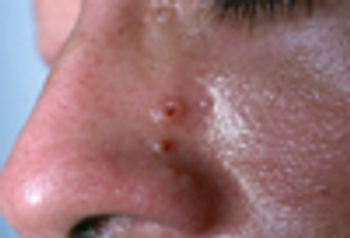
A 38-year-old openly homosexual man presented with cough and multiple asymptomatic skin lesions on his face.
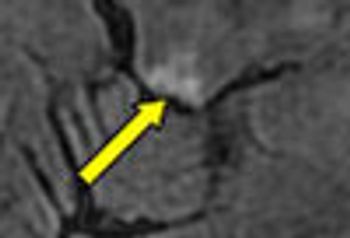
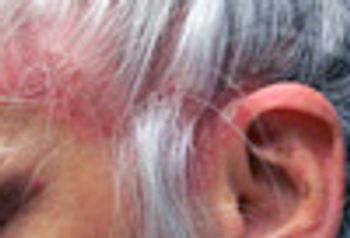
Here: Ted Rosen, MD, presents 5 tips about 5 skin disorders that you might not know.
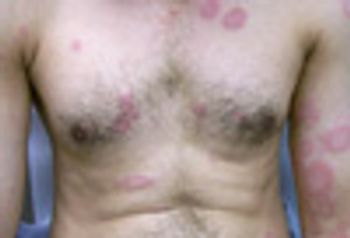
Here: Ted Rosen, MD, presents 5 tips about 5 skin disorders that you might not know.
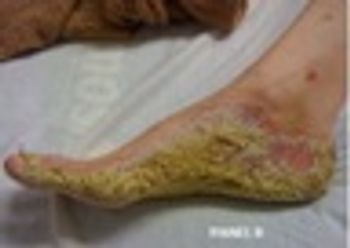
A 38-year-old man presented with a 2-week history of mental status changes and impaired memory. He also had a rash on both hands and feet that had been getting worse for the past few months.
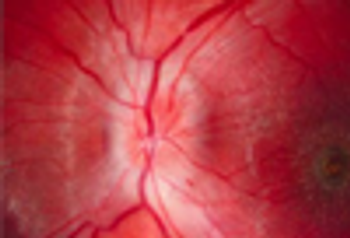
A 17-year-old sexually active young woman presented with sudden loss of vision in the left eye 2 weeks before presentation.

A 56-year-old man has been admitted on several prior occasions for left groin abcesses related to injection drug use.
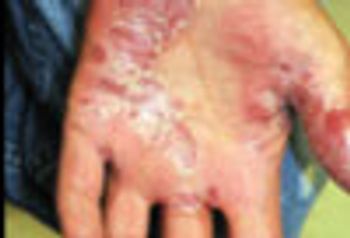
During the past year, a 48-year-old man has had joint pain as well as this worsening rash on his hands. He is a construction worker, and he attributes the symptoms to his occupational exposure.

Here's a tip for dealing with patients who are hard of hearing and either don't have hearing aids or don't have them in at the time, usually while they are inpatients in the hospital. Take your stethoscope and let them wear the earpieces.
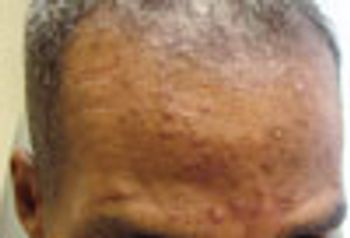
This HIV-positive, 48-year-old man presented with new-onset acne-like, pruritic lesions on his face. These erythematous painful papules had developed 2 months before presentation. The patient was taking antiretrovirals and trimethoprim/sulfamethoxazole for the HIV infection.
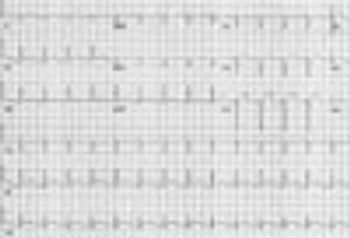
A 50-year-old man was brought to the emergency department (ED) after a witnessed syncopal event. He was awake but confused and unable to provide a history.
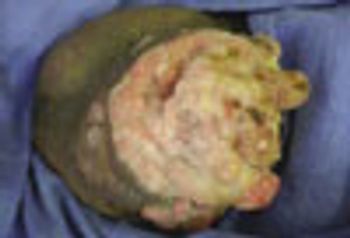
For 20 years, a lesion has been slowly growing on the penis of a 51-year-old man. He has noted bleeding and a foul-smelling discharge from the mass. Recently, the patient experienced a 30-lb weight loss. He has had 5 sex partners in his lifetime but has been monogamous for the past year.